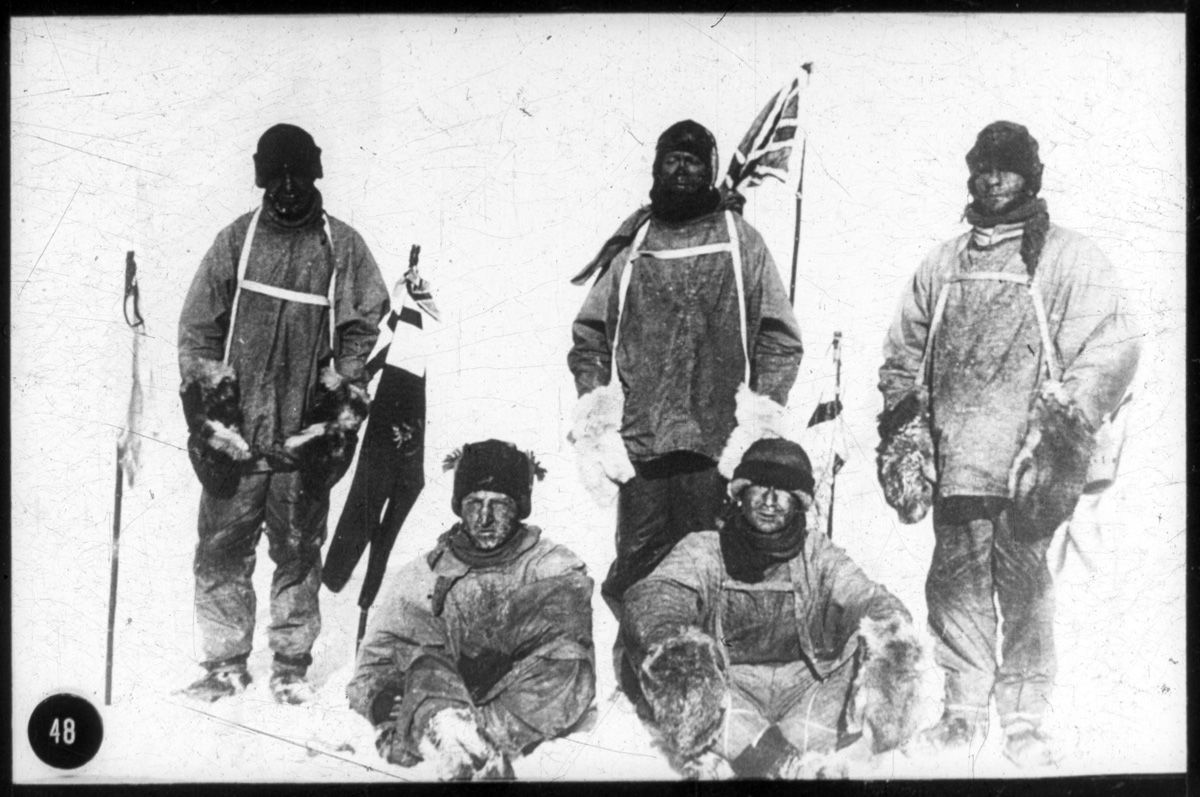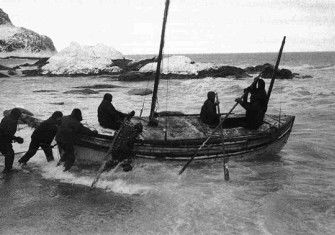Captain Scott's Secret
Diaries from Robert Scott’s Terra Nova expedition shed new light on the deaths at the South Pole. Was a scandal silenced in the name of myth-making?

On February 11th, 1913 England woke to the Daily Mail headline ‘Death of Captain Scott. Lost with four comrades. The Pole reached. Disaster on the return.’ Just a day before, the press had reported that the British Antarctic expedition leader was back in New Zealand after succeeding in his goal to reach the South Geographic Pole; the Royal Geographical Society had even prepared a telegram congratulating him on his success. The palpable sense of anticipation and excitement now turned to despondency.
A few days later a hastily organised memorial service was held in St Paul’s Cathedral. The numbers attending were staggering, exceeding those at the service for the 1,500 lives lost on the Titanic in the same year. ‘The presence of the king’, The Times declared, ‘conveyed a symbolism without which any ceremony expressive of national sentiment would have been inadequate.’







